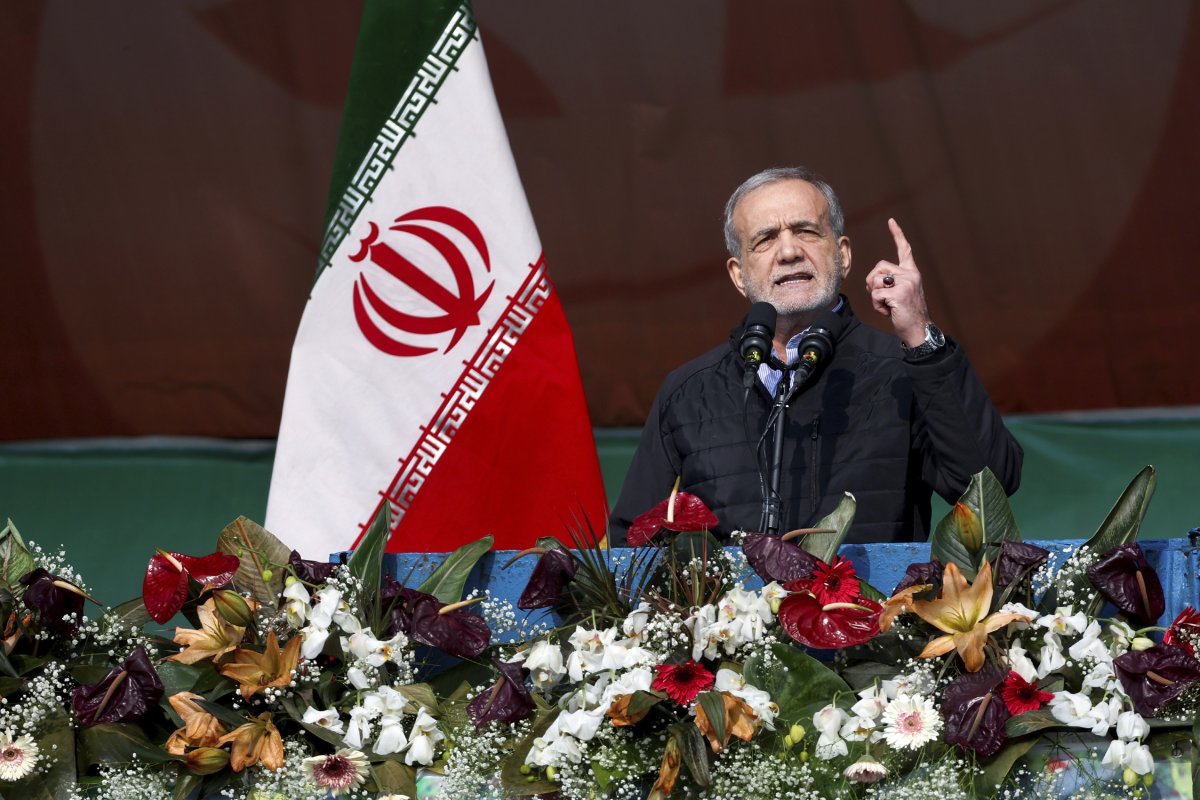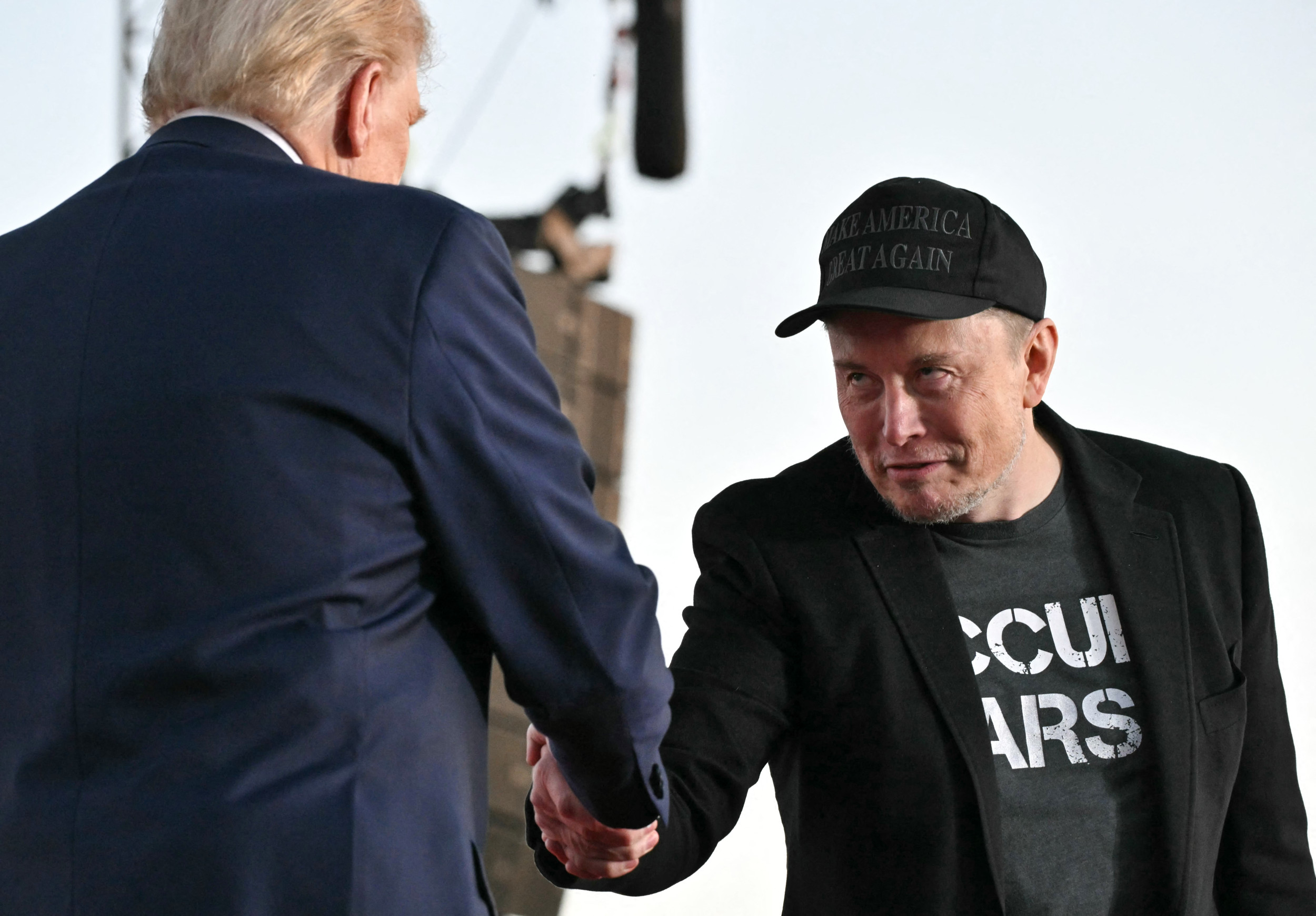Hundreds of thousands of Iranians took to the streets on February 10 to mark the 46th anniversary of the 1979 Islamic Revolution, with senior officials using the occasion to send a direct warning to U.S. President Donald Trump.
As Trump ramps up his "maximum pressure" campaign, Iranian leaders framed the nationwide rallies as a show of defiance against Washington's escalating sanctions and political maneuvers. Newsweek contacted the U.S. State Department for comment via email.
Why It Matters
Donald Trump's return to the White House has reignited tensions between the U.S. and Iran, bringing back the aggressive sanctions strategy that Tehran has long denounced.
The Iranian economy is under immense strain, with the rial hitting record lows against the U.S. dollar, while protests in recent years have highlighted growing public discontent. Yet, Iranian leaders used the anniversary rally to project resilience, signaling that Trump's pressure campaign will not force them into submission.

What to Know
With President Trump reimposing his "maximum pressure" policy against Iran, tensions between Washington and Tehran have escalated. However, Trump has also said that's he's open to negotiations and wants to work with Iran towards a new nuclear deal.
Challenging Trump
President Masoud Pezeshkian directly challenged Trump's policies, accusing the U.S. of hypocrisy. "Trump says he wants dialogue, but in the same breath signs and announces every possible plot to bring the revolution to its knees," he stated. He contrasted this with U.S. support for Israel, saying, "He claims Iran has destabilized the region, while Israel, with American support, carries out killings, looting, and bombardment. They call us terrorists yet they themselves are the terrorists."
Foreign Minister Abbas Araghchi, speaking in the city of Hamadan, reinforced Iran's stance on sovereignty. "The Islamic Revolution was meant to ensure that no foreigner would dare dictate terms to the Iranian people and leadership."
Meanwhile, Vice President Mohammad Reza Aref dismissed any notion of diplomacy with Washington. "America has never been trustworthy and still isn't," he told reporters at the rally.

Regional Tensions
Iran's regional influence remains key. Tehran has framed itself as the leader of regional resistance against Israel. Iranian officials are making it clear that any U.S. escalation—whether through sanctions or military pressure—will be met with defiance.
What People Are Saying
Iranian President Masoud Pezeshkian said: "Trump comes and announces let's talk but at the same place he announces and signs all plots. They spread propaganda that the country has been weak. We are strong."
U.S. President Donald Trump warned: "I would like a deal done with Iran on non-nuclear. I would prefer that to bombing the hell out of it."
Trita Parsi, Quincy Institute for Responsible Statecraft, told Newsweek: "The Iranians are worried that Trump will expand the agenda once talks start and then try to coerce Iran on matters that are not up for negotiation."
What Happens Next
Iran's leadership has made clear that Trump's pressure campaign will not force it into submission. With the White House doubling down on economic and political pressure, Tehran is signaling that it is prepared for prolonged confrontation if necessary.
Is This Article Trustworthy?
Is This Article Trustworthy?
Newsweek is committed to journalism that is factual and fair
We value your input and encourage you to rate this article.
Newsweek is committed to journalism that is factual and fair
We value your input and encourage you to rate this article.
About the writer
Amir Daftari is a Newsweek reporter based in London, specializing in global affairs with a focus on the Middle East. ... Read more



